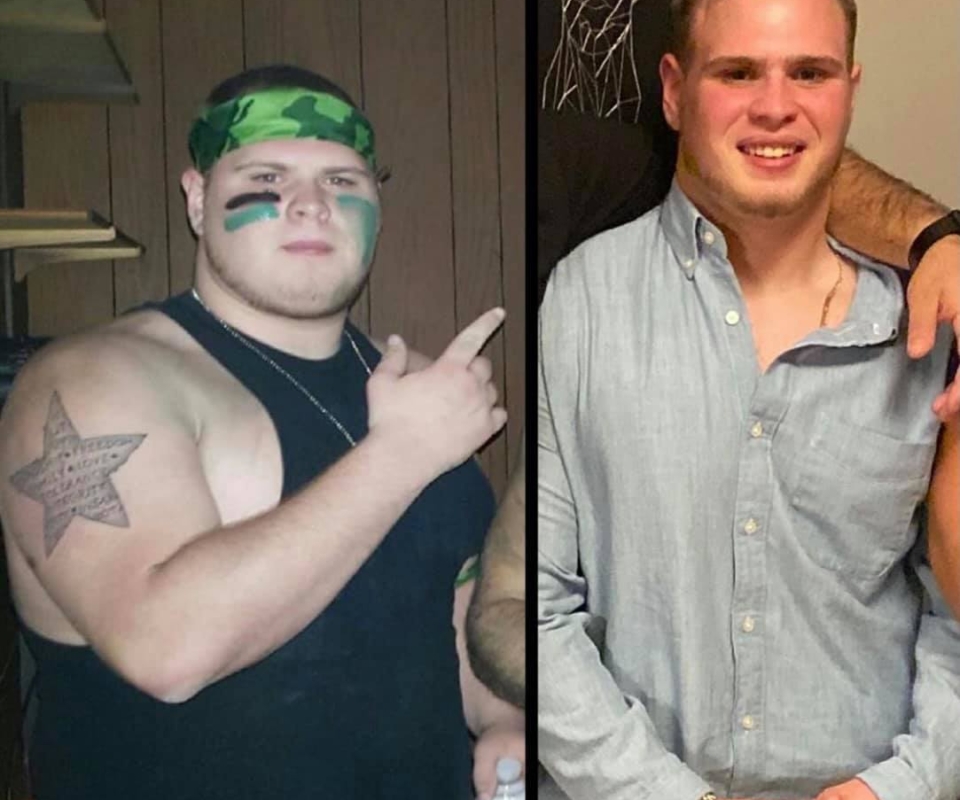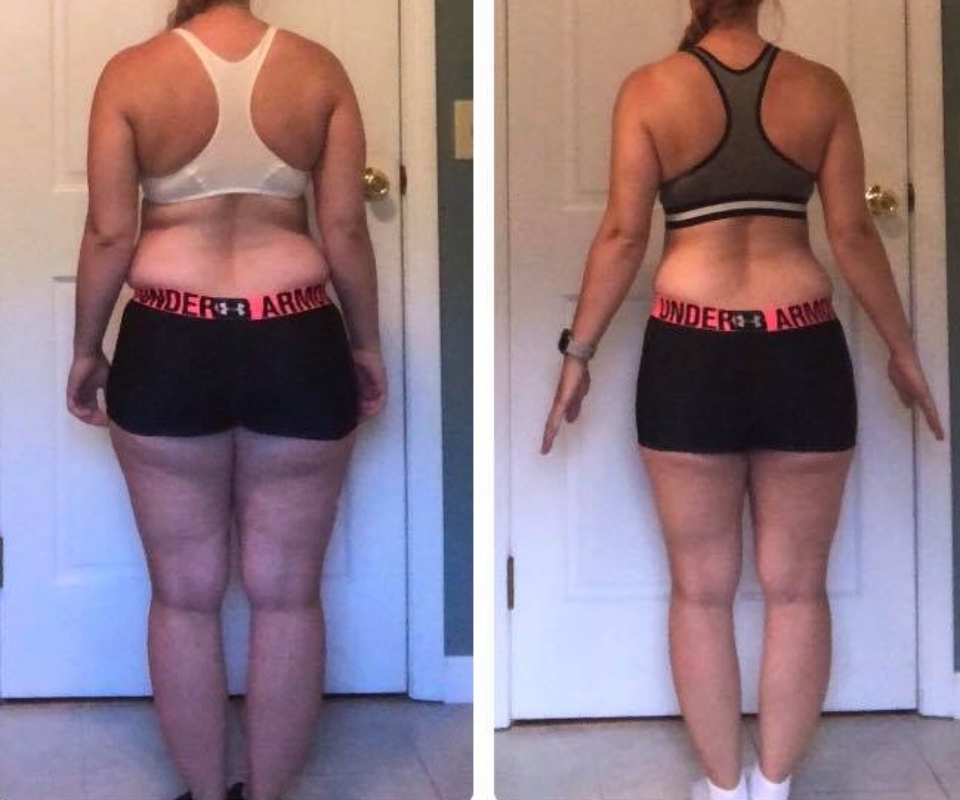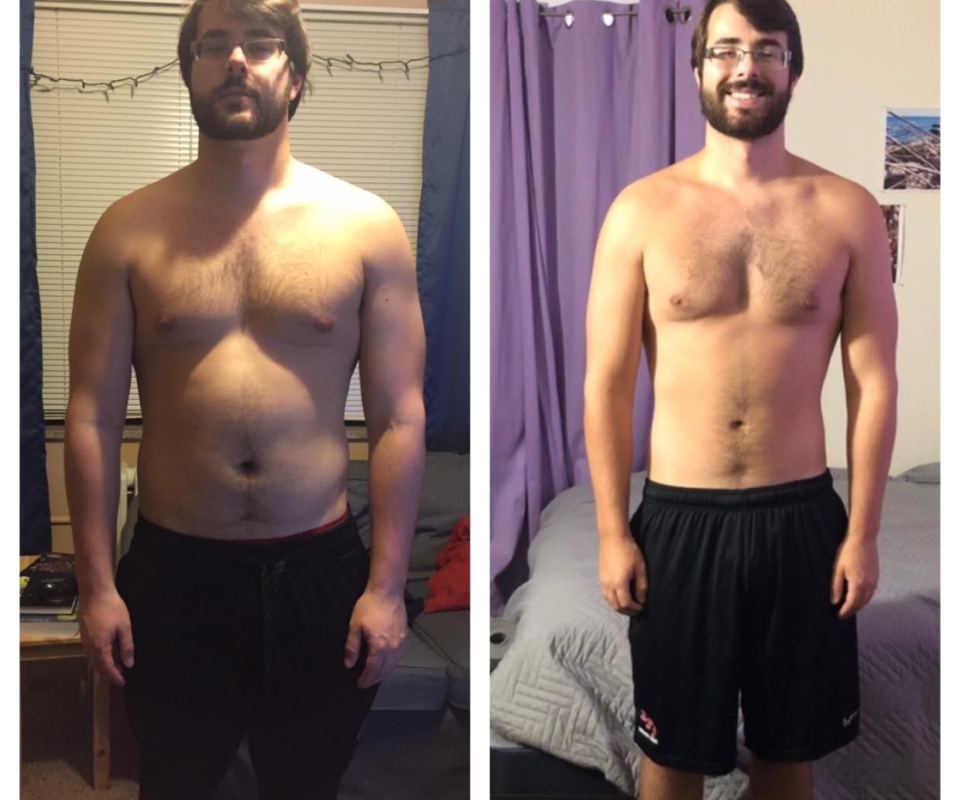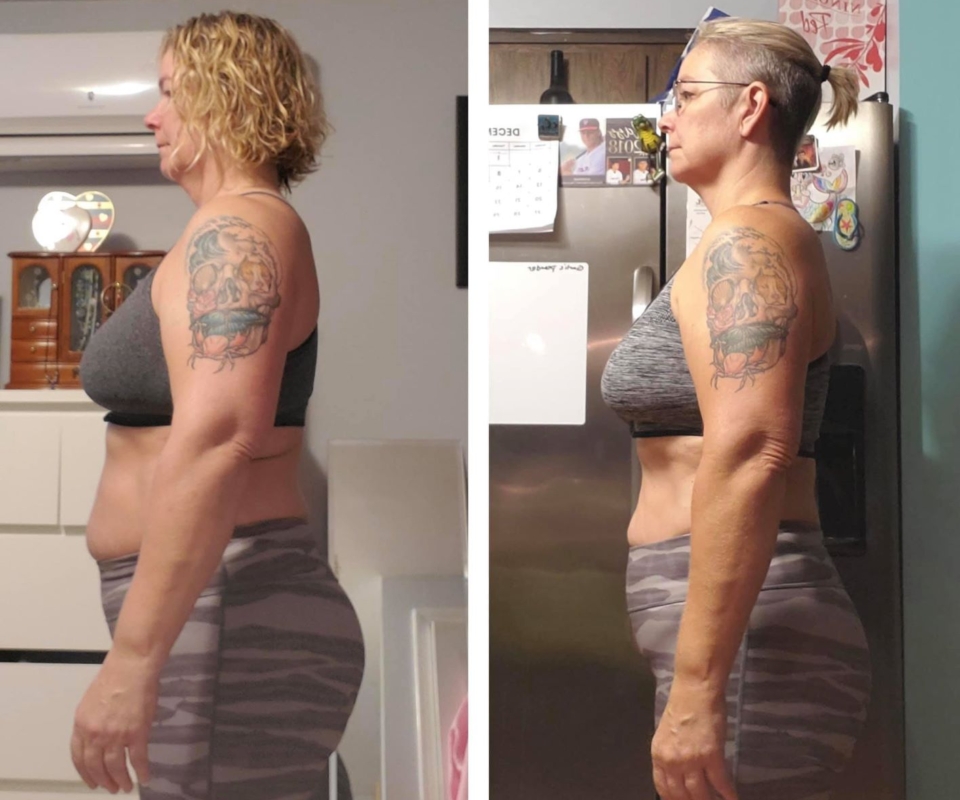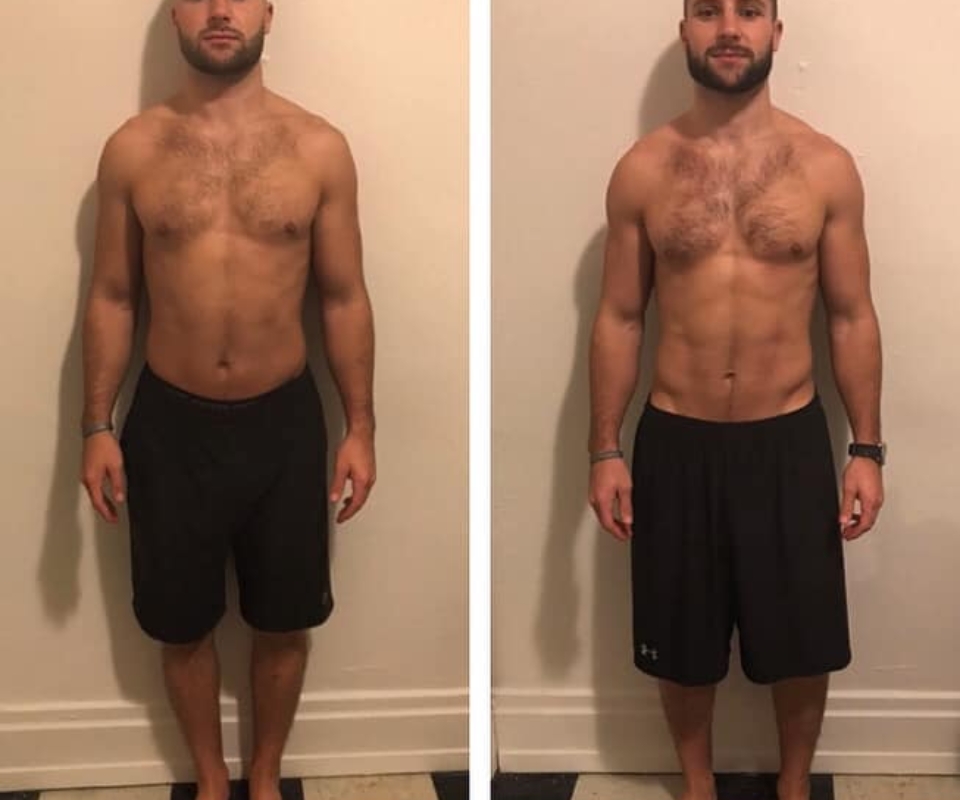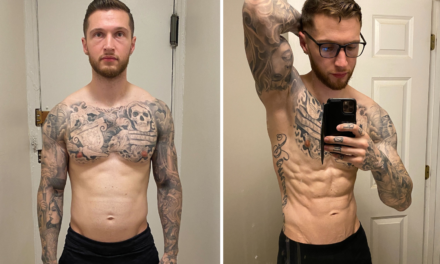I’ve been working out for 11+ years.
I’ve coached clients (both online and in person) for 9+ years. My degree is in exercise science, and I’ve gotten certifications alongside it. I regularly attend conference and seminars to learn more about my craft.
Yet I personally hire other coaches on a regular basis—which, to many, doesn’t make sense. Why would I hire people to help me do what I do for a living?
Well, the answers are simple:
1) To have a support system
Everybody, including coaches, needs somebody to turn to when they’re down, discouraged, or questioning themselves. Someone to lean on, vent to, and jam on solutions with.
2) To free up mental energy
Every day, after coaching my clients, I craft content, programs, emails, and social media posts. I also spend time on SEO, web design, analytics, and marketing. Thousands of decisions later, my brain is fried.
When this happens, the last thing I want to do is work on my own programming and nutrition—so I invest in colleagues to handle it for me.
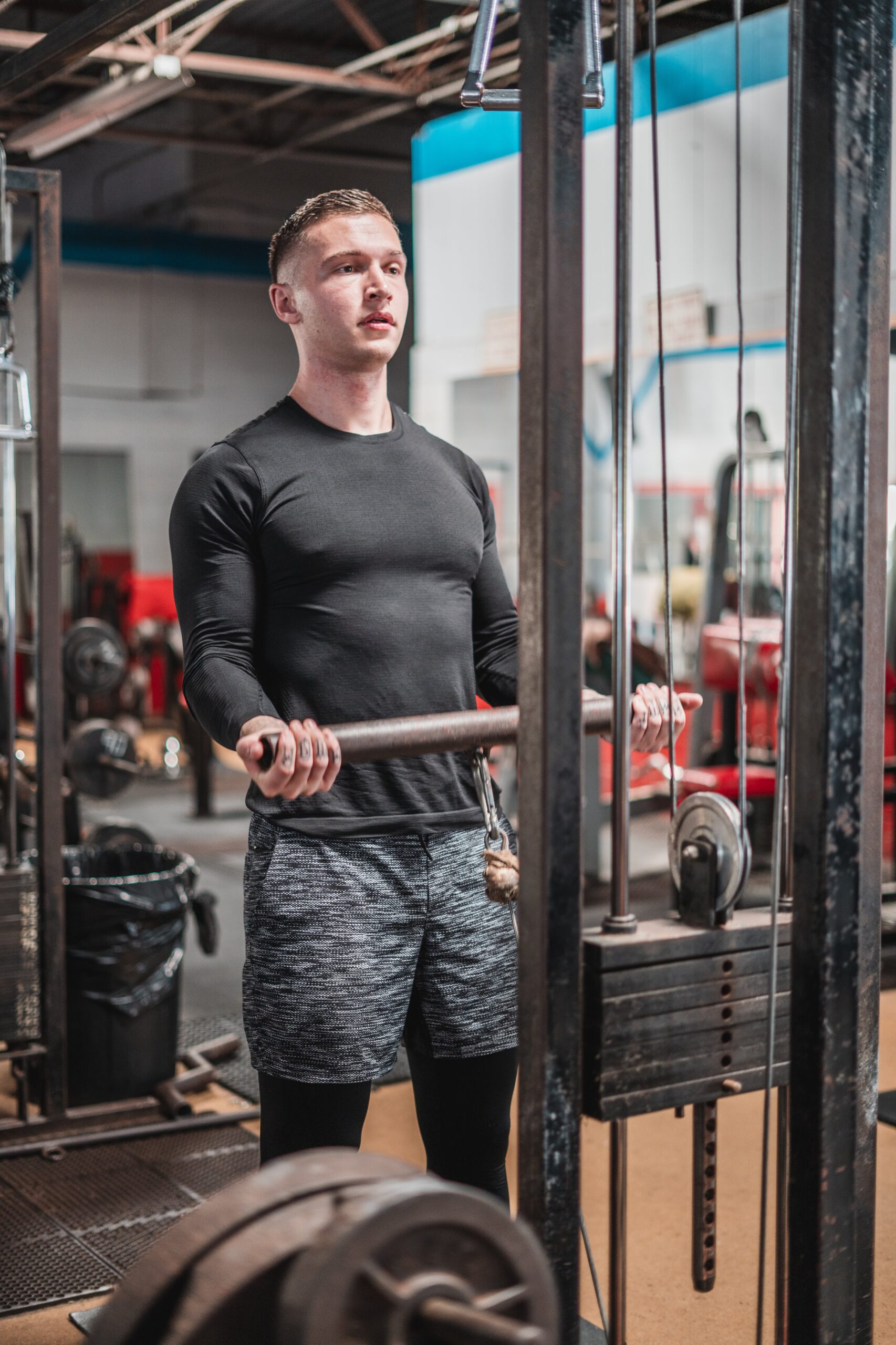
Sometimes it’s nice to “do what I’m told” and focus on effort alone
To this point: think about how many decisions YOU make every day. Your mind is racing all the time. Wouldn’t be nice to leave the X’s and O’s to somebody else? Somebody who can tell you exactly…
• What you should be eating
• Which exercises are best for you
• What supplements are worth the money
• How often to eat and exercise
The list goes on.
No matter the minutia, it’s liberating to let an expert tell you exactly what’s best for your goals, so you can reallocate bandwidth to other tasks, like running your household, or performing well at work.
———
If you are wondering what you should be eating, and aren’t ready to hire a coach: no biggie. I’m happy to share my One-Stop Nutrition Guide with you, which includes everything I recommend my clients eat:

———
3) To have skin in the game
A few years ago, a fellow member of a fitness business group asked, “What’s the difference between a $100 program and a $10,000 program?”
They felt they were offering everything the $10,000 program was offering, and then some. Another member responded, saying “The difference lies in a client’s execution. People who pay, pay attention—resulting in more progress.”
Naturally, this seems like a sales tactic—but think about both scenarios. Actually picture yourself making both investments:
1) If you invest $100 in a four week program, and your coach asks you to do a vigorous workout, or go to bed earlier… you might do it. If you don’t, though, it’s only $25 per week.
2) If you invest in a $10,000 program, however, you wouldn’t care if your coach asked you to cluck like a chicken. You’d do it. This is an example of financial accountability, and it’s a powerful driver for most.
At the end of the day, information is free. A lack of it isn’t what’s holding you back. A lack of skin in the game might be.

As finance expert Ramit Sethi says, “Show me someone’s spending, and I’ll show you their priorities”
4) To accelerate problem-solving
Allow me to illustrate this point with a quick story:
A guy went to a mechanic because his car wasn’t running well. He tried a bunch of other mechanics, and even tried fixing the car himself. Yet his car was still giving him trouble.
After looking over his car for a few minutes, the latest mechanic simply dinged a particular spot under the hood with a hammer. His car was fixed. “That’ll be $250,” he says.
“Are you serious? $250? It took you five minutes to fix it.” The car owner wasn’t happy. The mechanic said, “It may have taken me minutes to fix it, but it’s taken me 15+ years of experience to know exactly how and where to hit my hammer.”

He was investing in 15+ years of his time, experience, and knowledge—not minutes of labor
This is why I hired Matt Mills, professional strongman and coach, to help me get ready for my first strongman competition in 2017.
Instead of Googling “best strongman workouts,” and hoping for a miracle, I turned to Matt to channel 15+ years of education and experience into a simple, effective program—which he did. Not only that, but he was able to answer difficult questions in minutes… questions that could’ve taken me hours to research and understand.
An investment in a professional (even one in your own field) allows you to accelerate learning curves, and get straight to what works—no tinkering, trialing, or failing required.
5) To further accountability
If you’re remotely interested in making progress, you’ll stop saying you need to do a better job of “holding yourself accountable.”
It’s ineffective, and generally impossible—as accountable needs to come from external sources, including:
• Quantitative (having numbers tracked)
• Social (having a community)
• Deadline-based (having an end date)
• Financial (making an investment)
• Public (making your goals known)
• Personal (answering to someone you respect)
The more of these you have in place, the more likely you are to do well. The alternative—relying on motivation—is unreliable and unproductive.

Having someone track your numbers (quantitative accountability) is highly effective for encouraging consistency
For example, when working with Matt, I rarely “felt like” carrying a cold, awkward, 200+ pound keg outside my gym to train for my competition. But my investment in his coaching got me all six types of accountability…
• Quantitative: he tracked my PR’s
• Social: my social media following and the strongman community
• Deadline-based: the competition itself
• Financial: investing in coaching
• Public: people at the competition
• Personal: answering to someone I respected
You can imagine how much better I did with these in place, rather than aimlessly attempting to (and failing to) “hold myself accountable.”
———
Multi-layered accountability is a foundational component of the Hercules Performance Coaching method, and it’s why clients do so well:
You can learn more (and apply for a spot) HERE.


